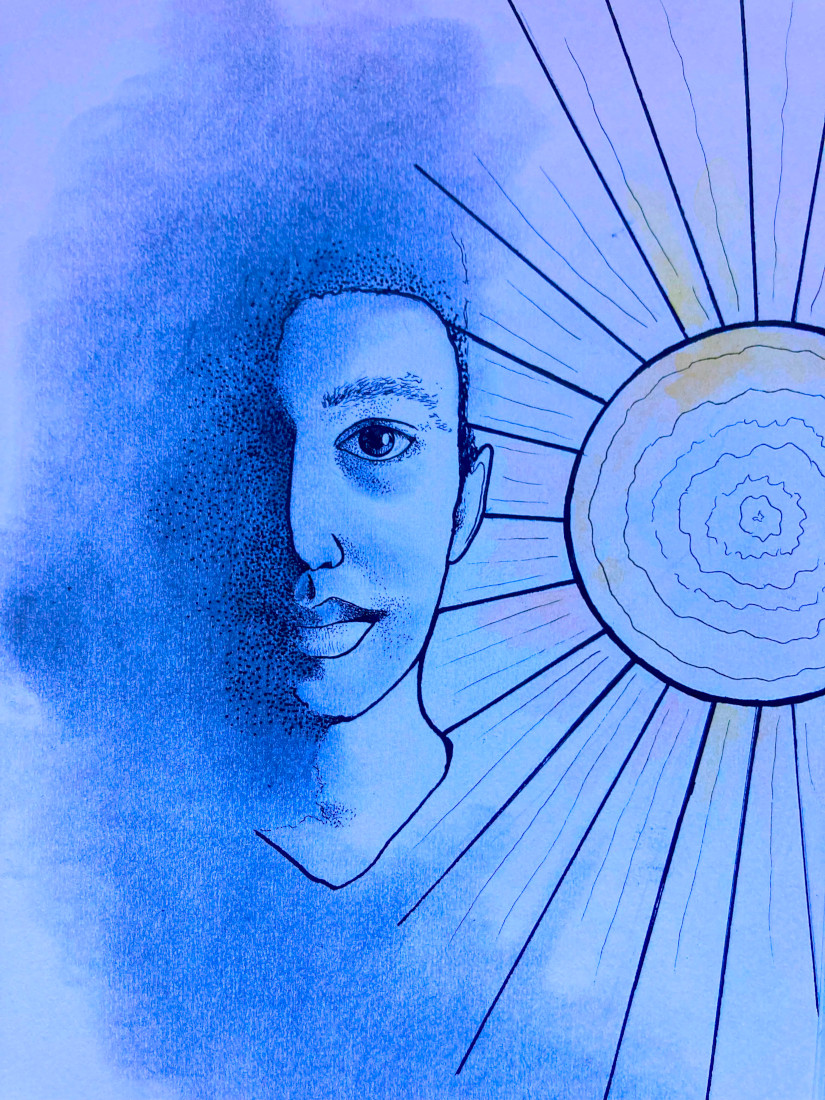Dealing with dark days
Support for students dealing with seasonal affective disorder
Winter’s colder days and darker nights can impact mental health and wellbeing more than people may realize. According to data from the Canadian Mental Health Association, “about two to three per cent of Canadians will experience SAD in their lifetime. Another 15 per cent will experience a milder form of SAD.”
The organization defines SAD, which stands for seasonal affective disorder, as a “kind of depression that appears at certain times of the year.” Symptoms can include exhaustion, changes in appetite, sadness, feelings of hopelessness, stress and desires to avoid hobbies, interactions or activities.
Speaking to The Uniter via email, Andrea Johnston, a counsellor at the University of Winnipeg Wellness Centre, encourages students experiencing these symptoms to reach out for help.
“Support options for students can include counselling to better understand the impact of SAD, exploration of strategies that support mental wellness, referrals to community spaces that provide free access to SAD light therapy, as well as access to the nurse practitioner through Klinic on Campus for support with medical concerns.”
For students, the last few weeks of the semester are often stressful, given the pressures that usually accompany finals and major assignment deadlines. When compiling to-do lists or reviewing upcoming due dates, it can be easy to feel overwhelmed.
Johnston says students should try to set realistic goals when studying. She mentions the SMART method, which encourages setting goals that are specific, measurable, achievable, realistic and timely.
“Try using the SMART method to set balanced expectations of yourself during high-stress times,” she says. “Recognize that breaks and rest are essential for focus and retention.”
Inga Johnson Mychasiw, the executive director at Student Support Services, encourages students experiencing depression to seek out “community building and cultural events and reach out to Elders in residence at Aboriginal Student Services Centre.”
She also recommends planning activities throughout the winter months to try and offset feelings of loneliness and isolation. This can include reaching out to other students or joining a University of Winnipeg Students’ Association group.
“Connecting with others, talking about how (you) are feeling with (your) academic or student-success advisor and just reaching out to services on campus (can) help,” Johnson Mychasiw says.
Johnston says students can access up to eight sessions of confidential one-onone counselling sessions throughout the school year. Students can schedule Zoom, phone or in-person meetings on the U of W website.
She also mentions Thrive Week. Held this year from Nov. 21 to 25, the week involves different events centred around the seven dimensions of wellness (physical, emotional, intellectual, spiritual, social/ cultural, career/financial and environmental wellness) and includes a scavenger hunt, nutrition seminar and massage-a-thon.
For those experiencing symptoms of SAD or feeling overwhelmed at this point in the year, Johnston says it’s important to communicate your needs with the people around you.
“Don’t struggle in isolation. Connect with your supports on campus and with your community when you are struggling.”
The Mood Disorder Association of Manitoba rents light-therapy SAD lamps to community members. They also have a rent-to-own program. Millennium Library and St. James-Assiniboia Library provide full-spectrum lights during business hours to help offset some SAD symptoms.
Published in Volume 77, Number 11 of The Uniter (November 24, 2022)








